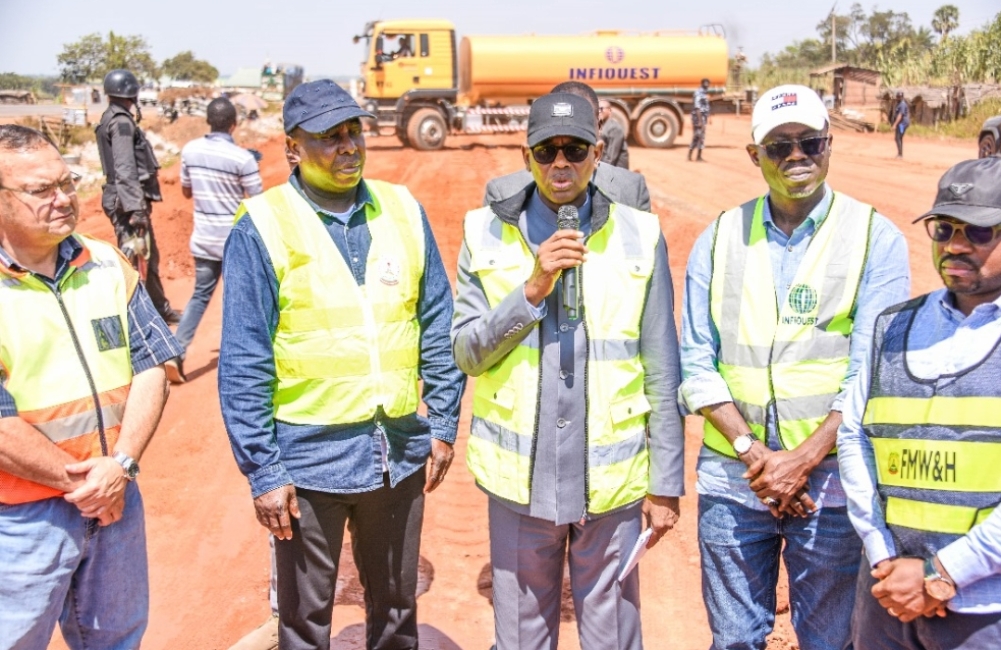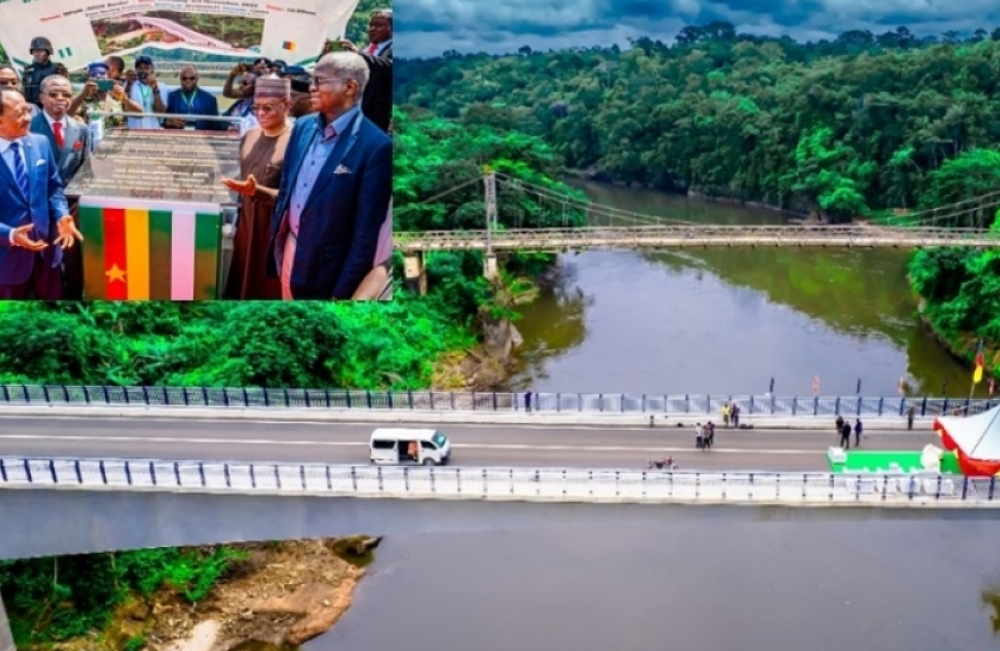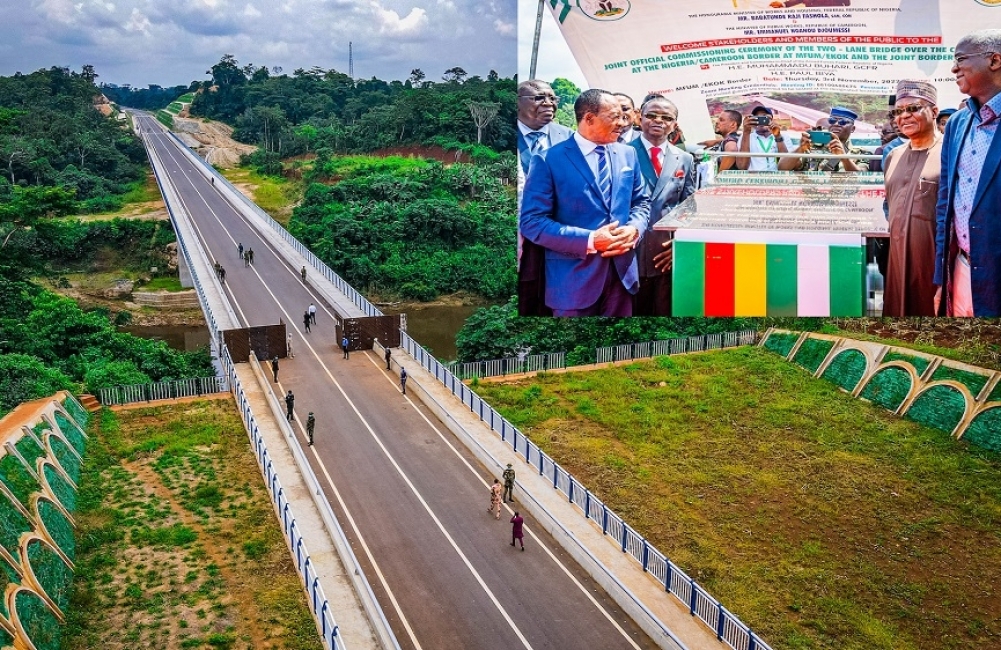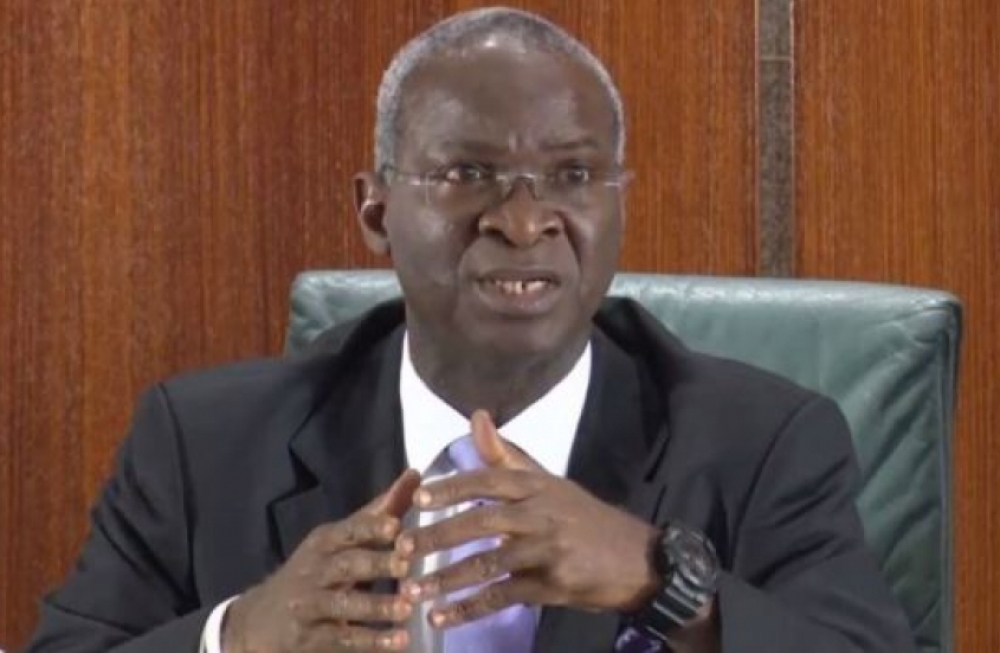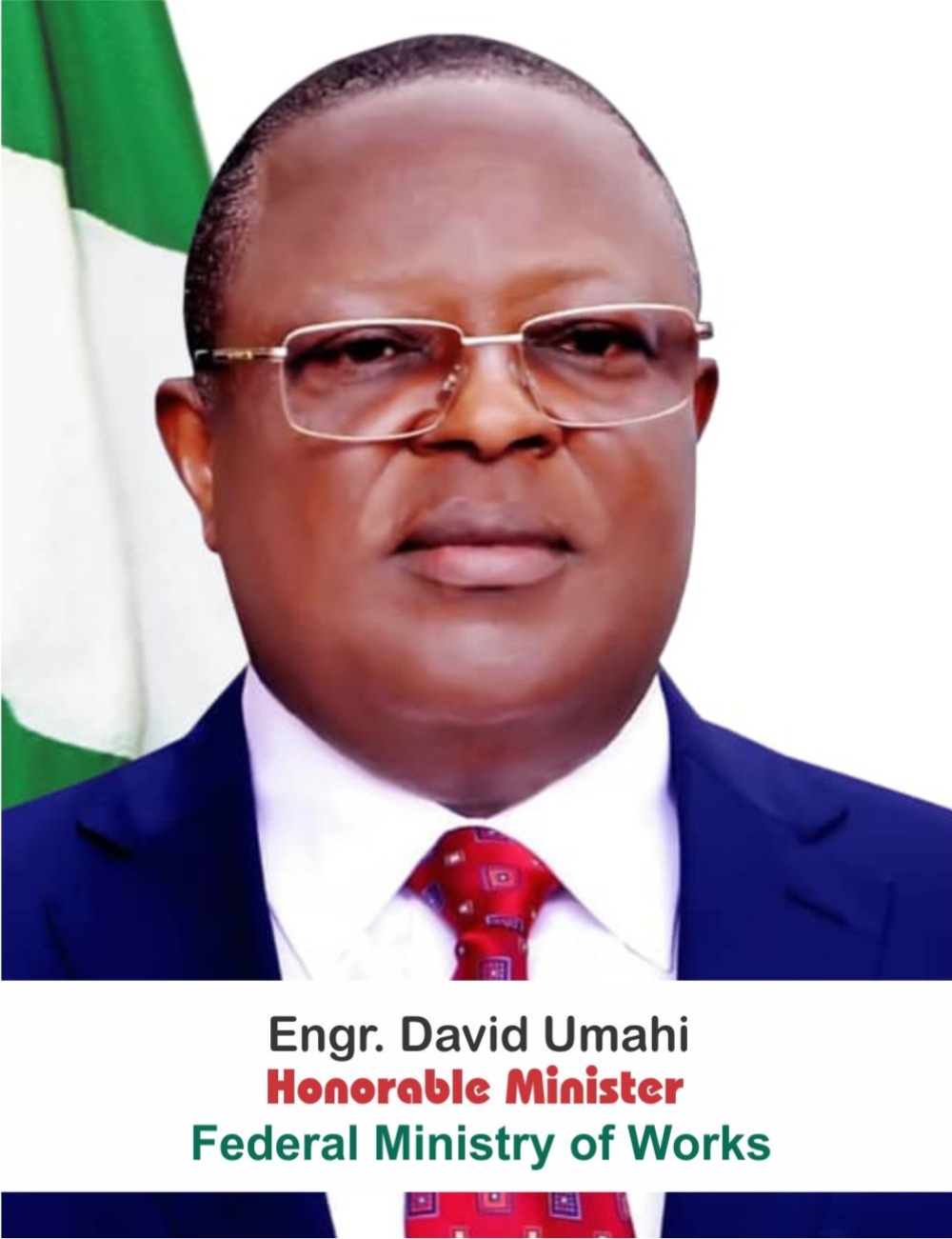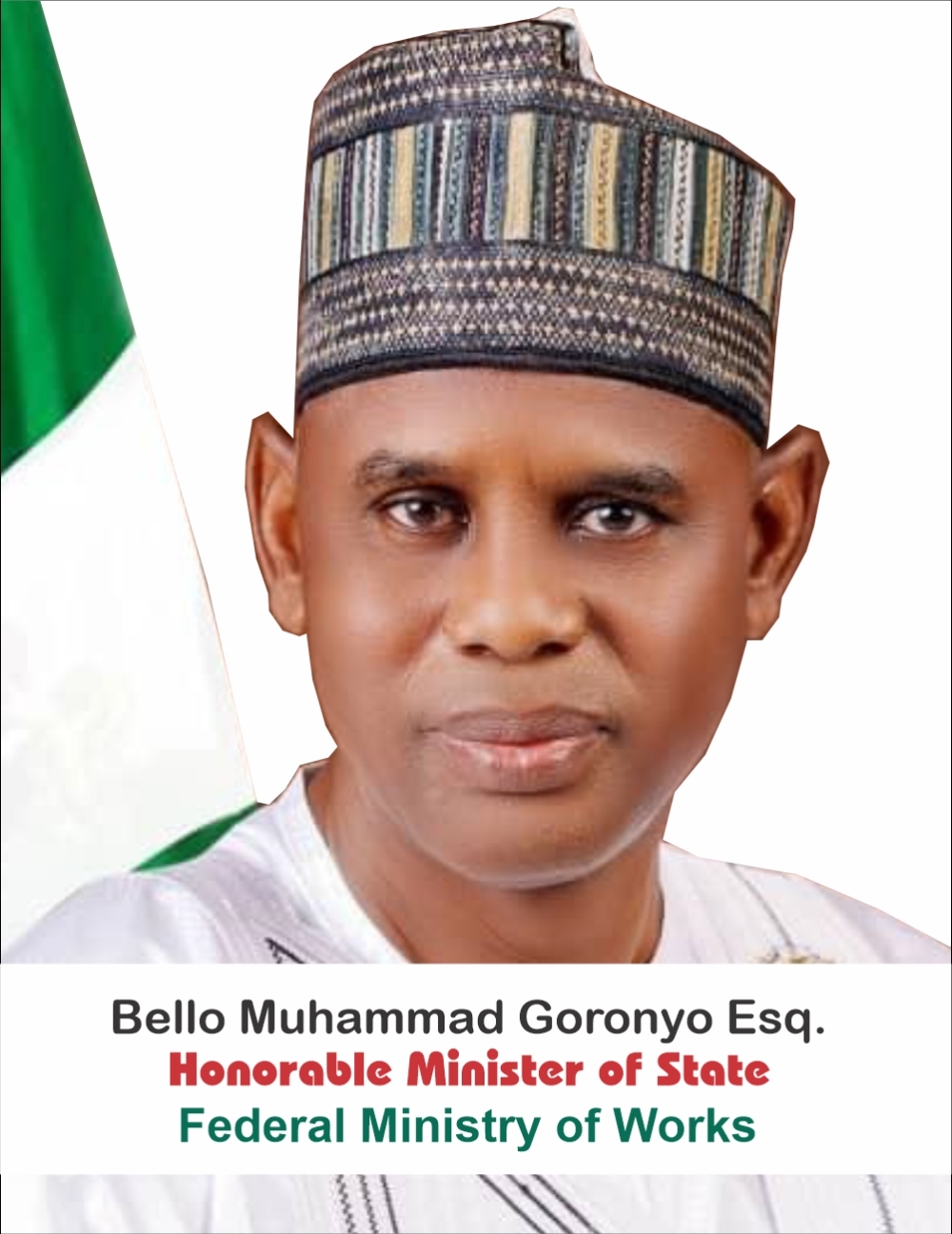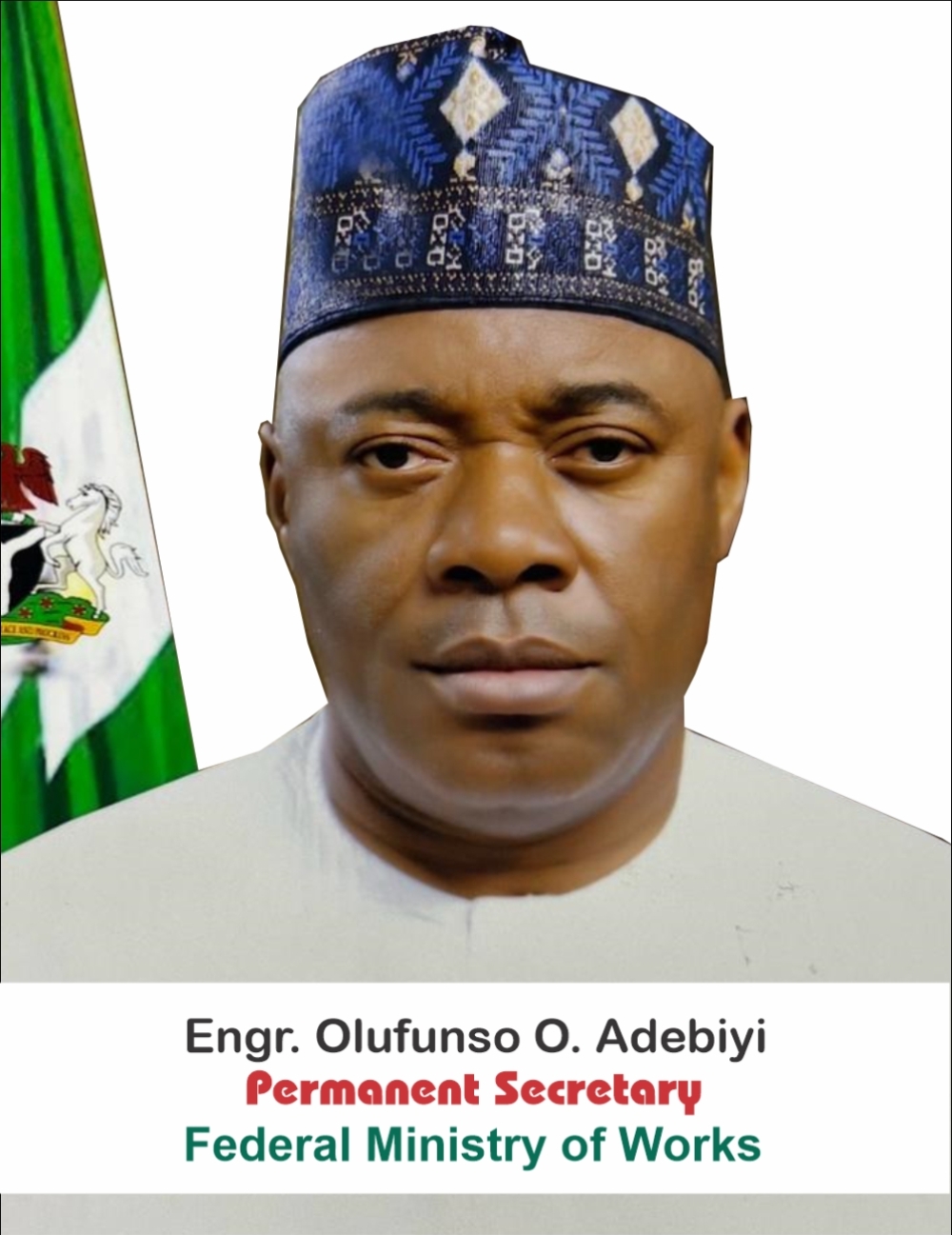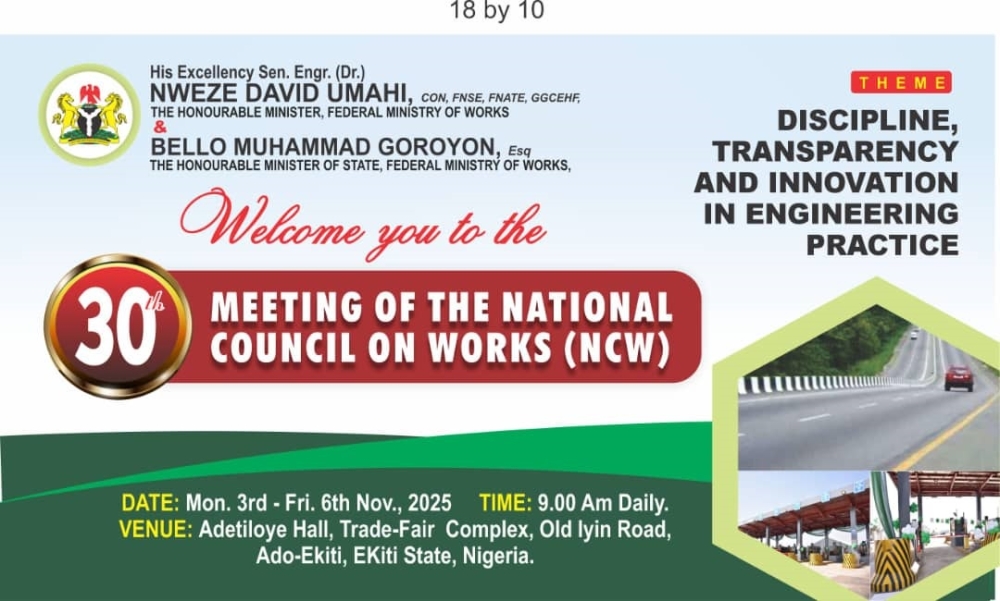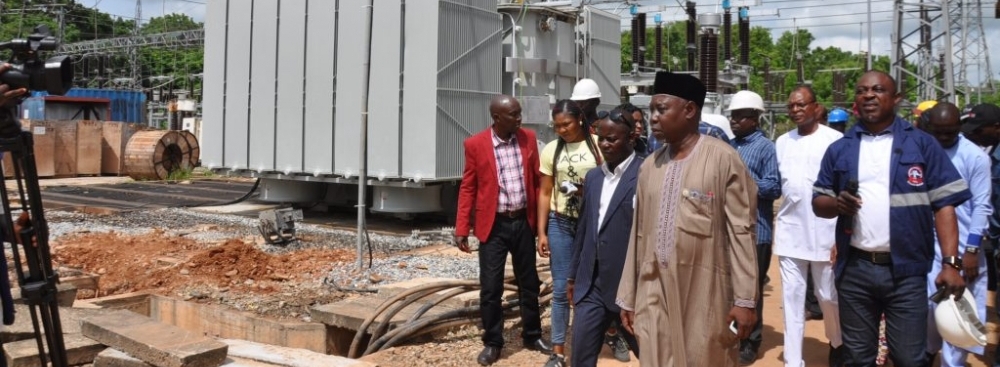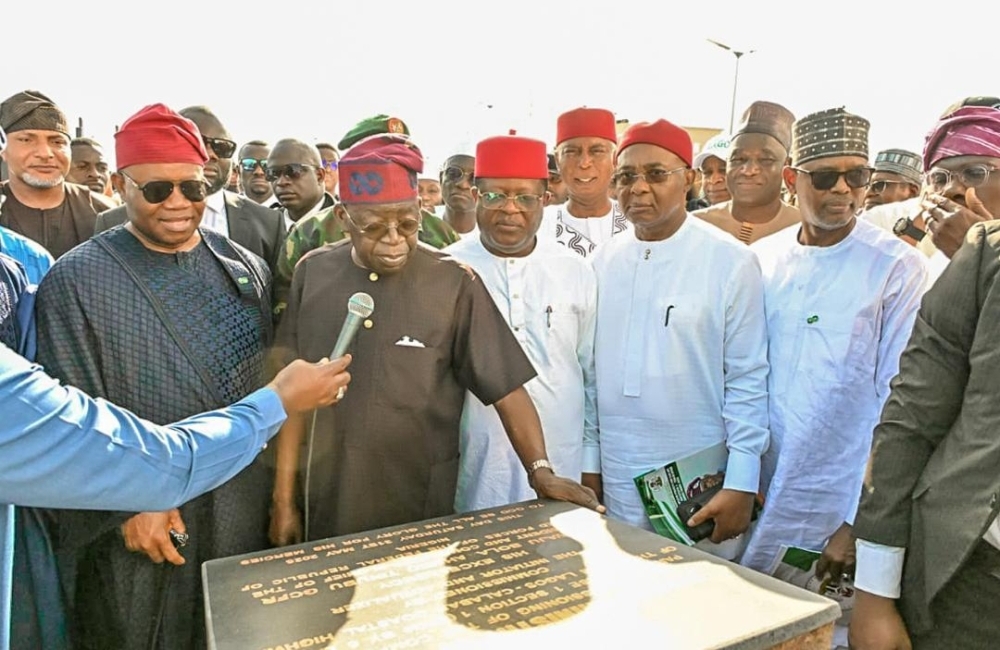Keynote Address Presented At The 32nd Annual Conference And General Meeting Of The African Union For Housing Finance (AUHF)
Theme: Housing and Africa’s Growth Agenda at PDTF Centre, Central Business District, Abuja, 14th -16th September, 2016. By The Honourable Minister of Power, Works & Housing; Babatunde Raji Fashola, SAN.
Protocols
I am delighted to address you on the occasion of this 2016 Annual Conference and General Meeting of the African Union for Housing Finance (AUHF) holding in Abuja, Nigeria. The political will and momentum of the present administration in her housing sector agenda are further invigorated by this conference taking place few months after the June 2016 National Housing Summit. You will recall that the outcome of the recent National Housing Summit identified Housing Finance as one of the major pillars necessary for realizing Affordable housing delivery in Nigeria apart from others like Land, Concessions/incentives, Off-taker Strategy and General Skills Acquisition. It is indeed, heartwarming and reassuring to note that AUHF is an association of Mortgage Banks, Building Societies, Housing Corporations and other organizations involved in mobilizing funds for housing on the African continent. Also that the goals of AUHF includes promoting and facilitating housing finance and unlocking its multiplier effects on National economies, hence leading to Africa’s economic growth. I understand that the Conference attracts stakeholders from across the African Continent, all with the purpose of advancing investment in affordable housing.
2. Let me begin by thanking the Nigerian Mortgage Refinance Company (NMRC) and other partners for hosting this important conference. The hosting of AUHF 2016 conference in Nigeria could not have come at a more auspicious time than now that Nigeria needs aggressive unleashing of new housing finance investments and opportunities. I will also like to thank all the stakeholders and experts from Africa and around the world for coming together to proffer solutions to the age long challenge of providing housing finance for Africans, especially Nigerians that are facing harsh economic challenges.
3. Housing, we know is critical to every human development and fundamental right of every citizen. Therefore, Housing is central to this Administration’s policy thrust. However, housing a population of over 180 million is an arduous task that cannot be left for Federal Government alone, especially now that the Government’s revenue and the economy is under pressure. The fund to support the construction and mortgages for the end-users is a big challenge for the government. The production cost versus the selling price of the present housing stock is beyond the reach of majority of Nigerians. Demand for affordable housing has grown over the years as a result of population explosion, rural-urban drift and search for higher quality of life. This demand has rapidly overwhelmed the supply capacity of existing Government resources. Many years of inadequate investment and poor maintenance culture have left Nigeria with a significant housing deficit which is slowing down the country’s development and economic growth and will clearly require close collaboration from stakeholders like the AUHF. The above demanding task is the mandate of my Ministry, Federal Ministry of Power, Works and Housing. Therefore, all stakeholders especially the Private sector and AUHF must play major role in this process of creating innovative housing finance in Nigeria.
4. Every Nigerian’s dream is to have a roof over their head! Hence, for an average Nigerian "owning a house" is a mark of economic success and security. Housing is also believed to be a long term investment that protects that investment against high inflation and the unpredictable economic down turn. Therefore, provision of housing is a major tool to reduce corruption. Why is it so difficult for the average Nigerian to realize this dream? Lack of Housing Finance in the public and corporate institutions and double digit housing loans are the major culprits while others include land for housing, population explosion, high cost of building materials, inflation that brings about unemployment and decreased purchasing power of the low and medium income earners.
5. The major housing Finance trends and developments in the Nigerian market can be summarized by tracing the historical tendency of the influence of the financial sector in the housing industry. In 1956, a Secondary Mortgage Institution called Nigerian Building Society (NBS) assumed the role of the main conduit for housing finance delivery. NBS was a British and Nigeria partnership arrangement. Nigeria’s housing finance development can be classified under major political periods, namely pre-independence (1914-1960), post-independence (1960-1979) and a second and subsequent civilian administrations (1979 to date). However, the mortgage institutions decree No. 53 of 1989 led to the establishment of the following; Primary Mortgage Institutions (PMI) as mortgage savings for on-lending property development and mortgage creation. And, the Secondary mortgage institution, the Federal Mortgage Bank of Nigeria (FMBN), to function as the Apex mortgage institution for regulation. While the National Housing Policy of 1991 was a bold step by the Federal Government of Nigeria to address the challenge of lack of finance for housing development and mortgage. The National Housing Fund (Act. No. 3) of 1992 is a collating reservoir of long term funds in terms of monthly contributions from workers in the public and private sectors. Unfortunately, most Nigerians see mortgage loans from Government as part of their share of the "national cake" leading to high default rates. This has forced the Government to encourage prospective home owners to approach commercial banks who regrettably have high interest rates. Thus, the Government who is supposed to be a major player in the provision of homes is now seemingly not on the frontline. The Government established the Nigerian Mortgage Refinancing Company (NMRC) to help in reducing the cost of mortgage loan by improving market efficiency.
6. From the inception of Government initiative in organized housing finance system to date, only a meager sum have so far been injected to the system. This accounts for less than 0.5% of the Gross Domestic Product (GDP) as compared to other climes (like United Kingdom, South Africa etc) due to the inability of financial systems in providing low cost finance that meets the need of low and medium income earners. Therefore, the Secondary Mortgage institution (FMBN) should be strengthened by ensuring full compliance with the National Housing Funds (NHF) Act by affected stakeholders, like the Central Bank, commercial banks, insurance companies, Mutual and Trust Fund administrators. However, I am happy to note that with the greater participation of the private sector in housing and embracing the new initiatives of this Administration, the journey to sustainable housing delivery is on course.
7. Ladies and Gentlemen, it may interest you to note that the current Administration has taken cognizance of the housing sector as an important area requiring priority attention for reinvigoration and revitalization. This accounts for the appreciable budgetary allocation to the sector in the current annual estimate. This vision is increasingly being energized by the Federal Ministry of Power, Works and Housing. Only recently, the Ministry organized a National Housing Summit, where stakeholders met and examined the numerous constraints militating against the provision of affordable housing in Nigeria and proffered a clear, sustainable and strategic blueprint to mitigate same. Identified as a critical factor in the provision of affordable housing was lack of access to construction finance by developers including high risk in current mortgage finance structure which does not support the buying-off of houses to enable developers recoup their investments on time. The Summit resolved that there was need for necessary machinery to be put in place to promote appropriate construction finance schemes. AUHF members are hereby challenged in this regard. In the summit also, various definitions of affordable housing were adduced. However, the consensus from these definitions revealed that there is no one-size-fit all definition for Affordable Housing. The indices that should be used for defining Affordable Housing would include Segregation, Stratification, Classes of people and their income bracket, not more than one-third net household income of the target group and equity contribution of end-users.
8. I am happy to note that despite the challenges that housing delivery has encountered in the country over the years, the renewed vigor and policy re-orientation of this Administration have set the agenda for Housing revolution. In this regard, the Ministry has produced six (6) designs of one bedroom, two-bedroom, three-bedroom flats, bungalows and condominiums that will represent the Nigerian House which responds to our cultural diversity. Another key area of achievement is the pursuit and promotion of local content and standardization of building components such as doors, windows, tiles, roof boards and other accessories to be produced by local manufacturers as part of our support for local industries SMEs and in pursuit of diversification and job creation. Effort is already being made to embrace and deploy modern technology to mass production of housing in all the States of the Federation and FCT using the Traditional procurement platform and the Contractor Finance Initiative model, to reduce the housing deficit.
9. To make the Housing Sector attractive, viable and stimulate growth, the present Administration plans to de-risk lending to approved Housing Developers. This will entail the government providing guarantees and other credit enhancement to developers. Government therefore plans to issue promissory notes to reduce Developers financing requirements. Government recognizes that provision of leverage and guarantees are critical in attracting private sector funds into the industry thereby creating thousands of affordable houses each year as well as generate considerable employment and commercial activities. These are some of the far reaching contribution of the Finance Minister during the Housing Summit.
10. Ladies and Gentlemen, I wish to state here that much discussion has been held on the housing deficit. There is therefore need to change the story to begin to discuss the housing opportunities. Regardless of issues facing the sector, real estate projects are increasingly being launched and completed in Nigeria. With the present Administration’s many incentives, new investors are expected in the market to continue to deliver positive results.
11. It is on this note that I call on all stakeholders, especially members of the African Union for Housing Finance here present to join hands with the Federal Government towards the realization of its objectives in providing affordable housing to the people. As agent of change, members are enjoined to borrow a leaf from Nigeria and influence their respect home governments to domesticate or localize their housing options to reflect the peculiarities and expectations of the people as well as provide the private sector the needed impetus to invest in the sector.
12. Finally, I wish to state that though the challenges to the sector are real and obvious, we are convinced that with the renewed commitment of this Administration, coupled with strengthened collaborations with all stakeholders in the industry, the desired revolution in the housing sector will be achieved in not too distant future.
13. I wish you all very engaging and thoughtful deliberations and thank you for listening.
